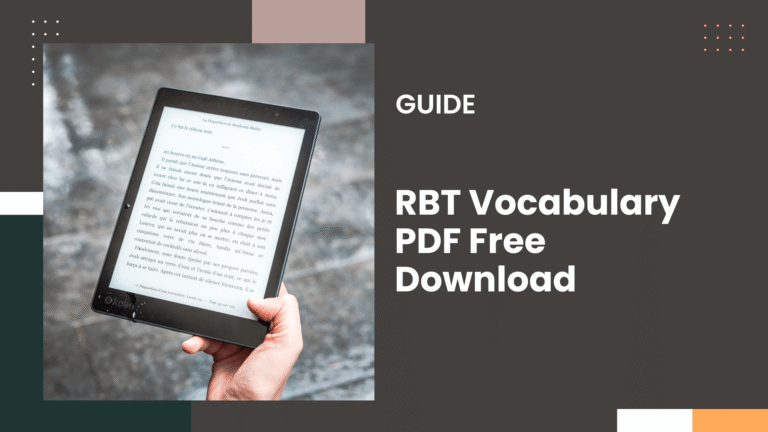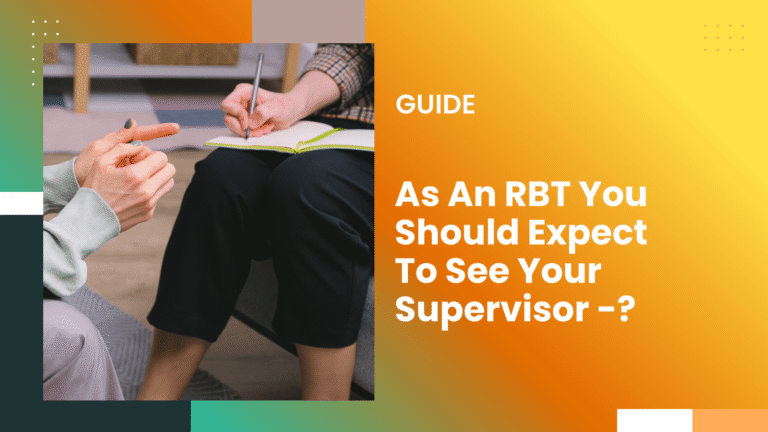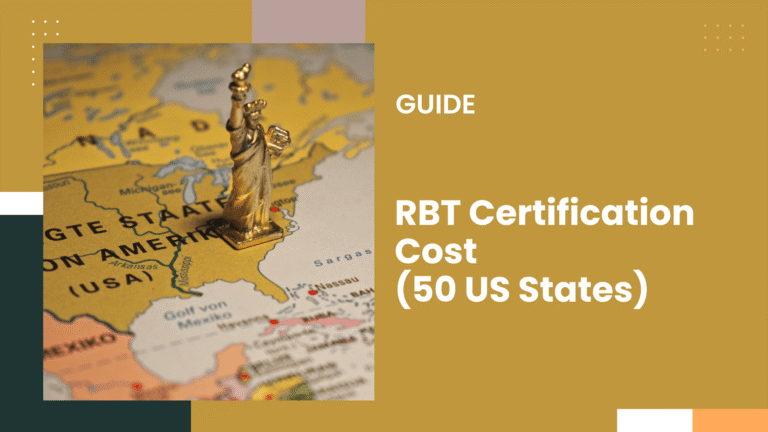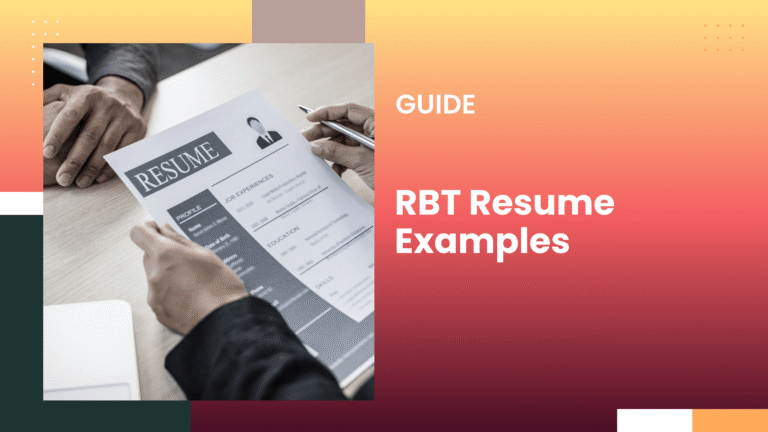RBT Therapist: How to Become One, Salary, Roles & Degrees
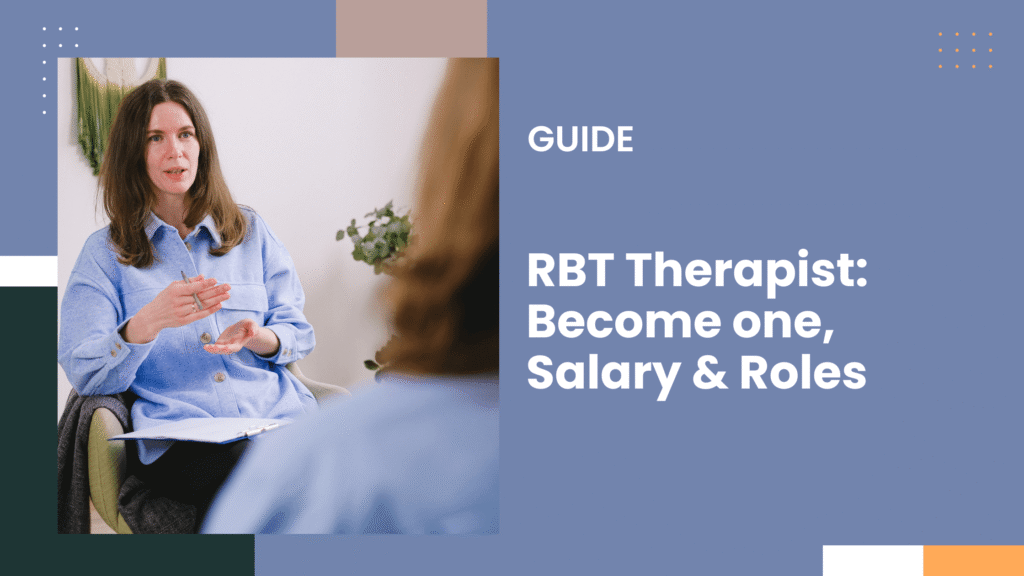
An RBT Therapist provides ABA therapy under BCBA supervision. Duties include data collection and behavior plan implementation. Eligibility: high school diploma, 40-hour training, competency, and exam. In 2024, average salaries ranged $40k–$75k annually or $18–$30 hourly.
What Is an RBT Therapist?
An RBT Therapist is a nationally certified paraprofessional who delivers Applied Behavior Analysis (ABA) services under the supervision of a BCBA or BCaBA.
You’ll often hear “ABA therapist” used interchangeably, but trust me, there are differences: RBT is an official BACB credential, while “therapist” is a broad, unregulated label.
How to Become an RBT Therapist?
Clear, step-by-step path based on BACB requirements.
1. Meet Education Requirements
High school diploma or equivalent is required.
2. Complete 40 Hours of Training
Training must follow BACB standards.
3. Pass the Initial Competency Assessment
Show real ABA skills with a qualified assessor.
4. Clear a Background Check
Required to ensure client safety.
5. Take and Pass the RBT Exam
The final step before certification.
6. Maintain Certification
Includes supervision and annual renewal.
My advice would be, if you’re serious about becoming one, start the 40-hour training immediately because nothing else moves forward without it.
Just follow the flow chart above, and you will be one in no time.
What Does an RBT Do Day to Day?
- Follow treatment plans designed by your BCBA.
- Run skill-acquisition programs like communication, social skills, and self-help.
- Collect and record data after every session.
- Implement behavior-reduction strategies safely and consistently.
- Collaborate with supervisors and caregivers to support client progress.
As you can see, you will be working with clients most of the time and think of yourself as the frontline implementer.
You’re not creating treatment, but you are the one making it happen and applying it as prescribed by the BCBA.
Salary: What Can You Expect?
I remember my first earnings of $13 an hour way back in 2020, and it was pretty exciting.
But to answer your question, RBT therapists’ pay varies a lot by location, employer, and experience.
- National averages fall between $40,000–$75,000 a year.
- Hourly rates run from about $18 to $30+.
- In high-demand states like California and New York, I’ve seen RBTs earn $27–$35 an hour.
One of my students, James, recently started working, and he started at $21/hour, switched companies, and jumped to $27.”
Another student of mine, Kinsley, is currently making $30/hour in Sacramento. So, it differs from place, location, and employers a lot.
Qualifications to Become an RBT Therapist
You don’t need a college degree, but you do need:
- High school diploma or equivalent
- 40 hours of approved training
- Competency assessment with a BCBA/BCaBA
- Background check
- Passing score on the RBT exam
Just because you pass the exam doesn’t mean you will be able to do this job forever; after that, you’ll need ongoing supervision and annual renewal to stay certified.
RBT vs. Regular “Therapist”: What’s the Difference?
I can see why people are confused in this part, as it did confuse me too initially, but they are pretty simple.
- RBT → A credentialed technician, trained and certified through the BACB. There are Clear standards and nationally recognized.
- Therapist → This one is a general term, and you would hear this more often than RBT. It could be a counselor, psychologist, speech therapist, or even an uncertified ABA worker. But there is no guarantee of BACB oversight.
If I have to put it in simple terms, ABA therapist, behavior tech, behavior therapist, these are unregulated titles. RBT is the only one with a credential that protects consumers.
By the way, if you are new here and didn’t know already, I have passed and also training others to be an RBT for some time, and I can tell you from experience that if you want to start a career in ABA, becoming an RBT is the fastest entry point.
It doesn’t require a degree, but it does demand training, assessment, and passing the exam.
From there, you gain real field experience and a direct path toward advanced roles like BCaBA or BCBA.


